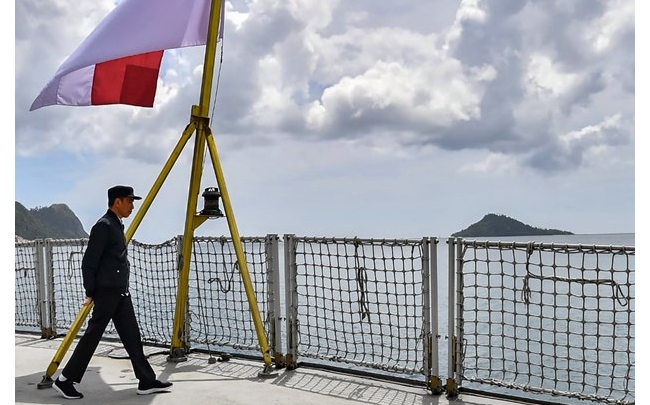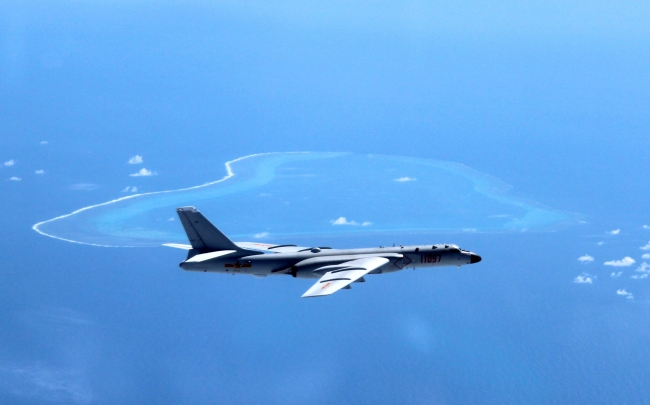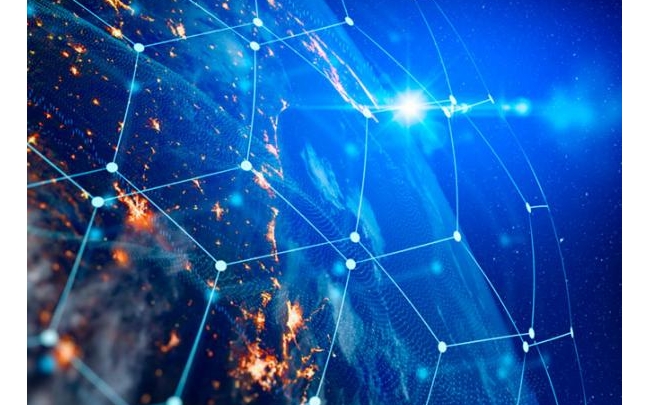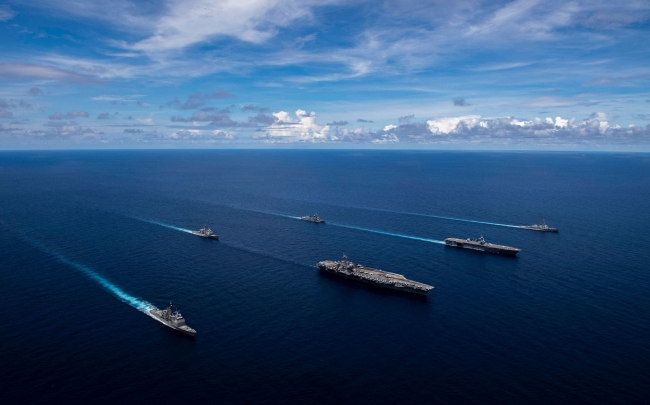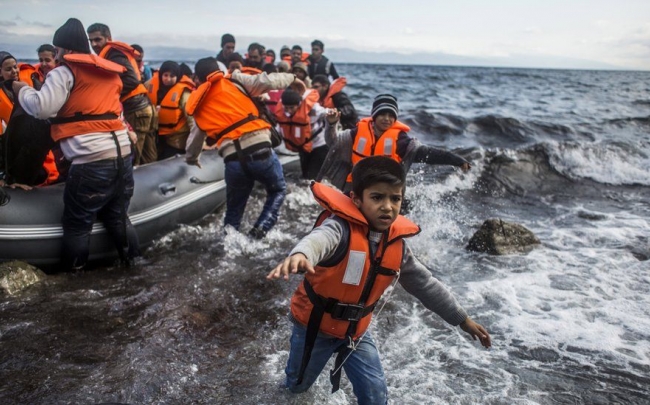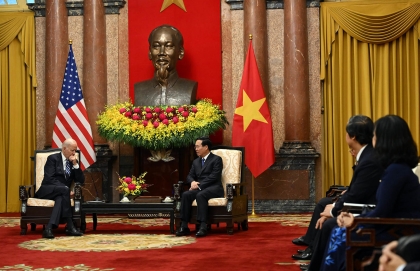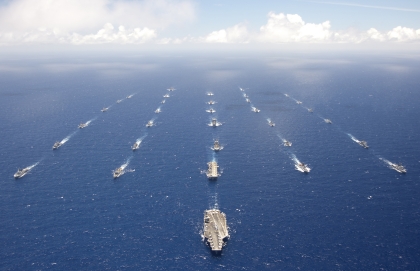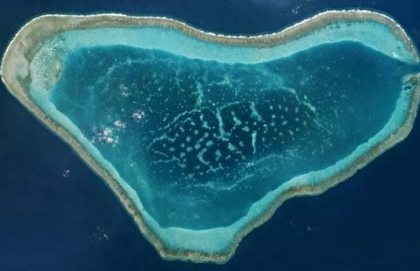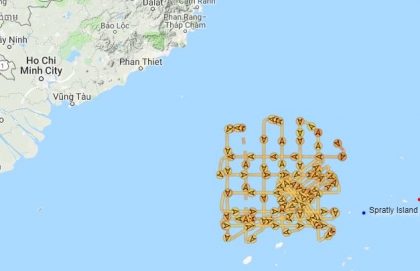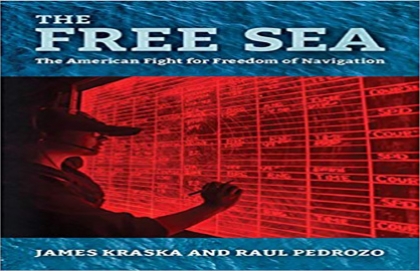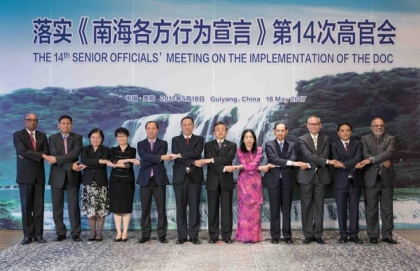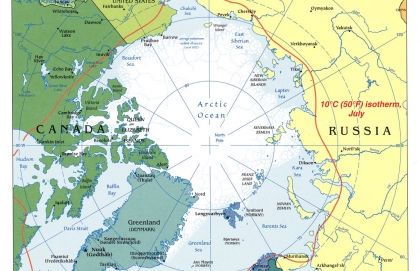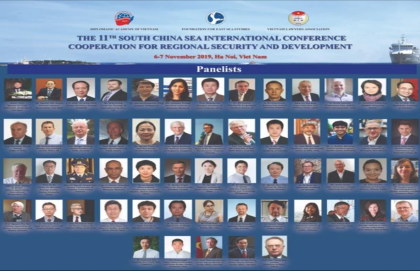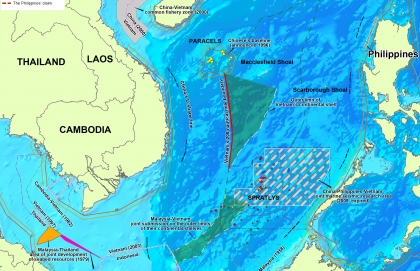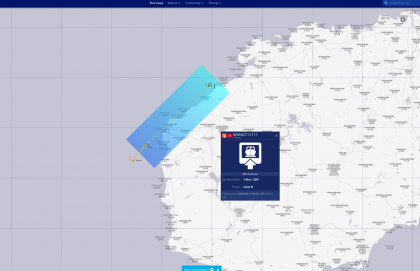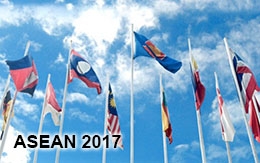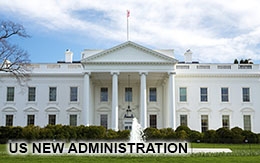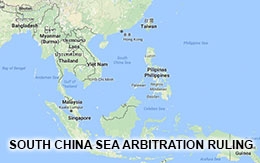The impact of the US and China projecting maritime power in Asian security runs along the continuum of low intensity conflict to war. While Southeast Asian states do not really refrain from employing their maritime security forces, including navy, as the primary response to China's actions in the South China Sea, ASEAN places a strong emphasis on diplomatic responses to address the deployment of maritime forces in the region.
On 8 December 2008, two Chinese MLE vessels entered waters around the Senkaku Islands, the front line of territorial disputes between Japan and China, for the first time. Since then, China has regularly dispatched MLE vessels to challenge Japan’s effective control over the islands, claiming sovereignty over them as part of the so-called “salami-slice strategy,” a steady progression of small actions with hidden long-term motives.
On 06 September 2021, while delivering the “JG Crawford Oration-2021” organised by the Australian National University, Dr S Jaishankar, Minister for External Affairs, Government of India, stated quite unequivocally, “The days of unilateralism are over, bilateralism has its own limits and as the COVID reminded us, multilateralism is simply not working well enough… the resistance to reforming international organizations compel us to look for more practical and immediate solutions”. In this statement may be found an official acceptance of a profound change that has occurred in the manner in which nation-states, even while accepting their quintessential and multifaceted interdependence, engage one another by formulating and executing collective geostrategies by which they seek to attain or advance their respective geoeconomic goals as well as their non-geoeconomic ones.
The South China Sea is one of the most important maritime communications in the world, connecting the Pacific Ocean and the Indian Ocean. About 50,000 merchant ships and nearly 50% of oil tankers of the world pass through the South China Sea every year. Under the current very complicated and turbulent international situation, if the peace and stability in the South China Sea can be maintained, the development and prosperity of East Asia-Pacific region can be realized.
Presently, European countries face an accumulation of crises – the greatest challenges for European social stability and security in modern history. COVID-19 pandemic, illegal migration, energy crisis, disinformation campaigns, cyber-attacks and other means of hybrid influence became an everyday reality of Europeans. However, the biggest shock of 21st century Europe became the interstate high intensity conventional conflict when Russia attacked Ukraine. A part of the current security concerns is subversive activity exploiting the freedom of speech and other attributes of liberal democracies. Certain population groups are becoming more outspoken in their extreme attitudes, which has been unheard of for decades in Europe.


